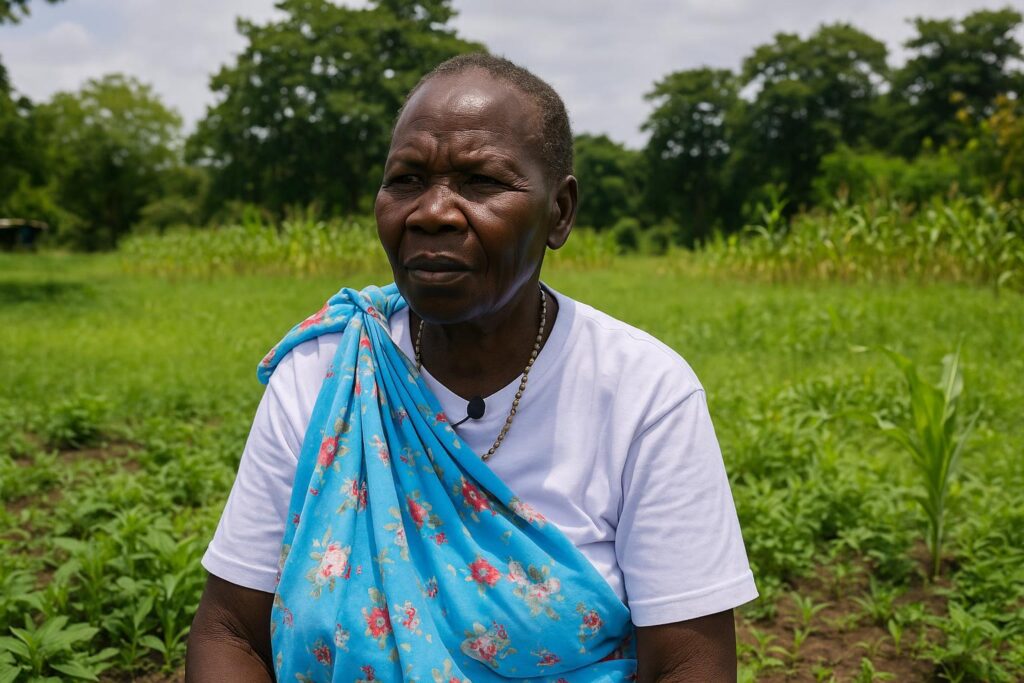Erratic seasons unsettle rural routines
In Lungi Boma, Central Equatoria, residents once timed their planting by instinct, reading clouds and birds. Today, rains drift off-schedule, and calendars built over generations suddenly misfire.
For widow Lomani Keji, who cultivates groundnuts, maize, okra and sweet potatoes, a six-week delay left seeds dry in dust and family meals shrinking.
Harvest losses strain household survival
Yields that once filled baskets now fit a single bowl, Keji reports, comparing the current haul to last year’s bumper output with visible anguish.
Selling surplus once paid school fees; today she contemplates gathering firewood, an activity that depletes forests and exposes women to security risks along remote tracks.
Climate literacy gap hampers adaptation
Local talk pins rainfall shifts on fate, not global warming. “We hear nothing about carbon or emissions,” Keji admits, stressing the need for plain-language outreach from extension officers.
NGOs periodically distribute seeds and advice, yet delayed rains forced some households to cook the very inputs meant for next season, undercutting programme impact, observers note.
Community seeks resilient pathways
Village elders urge small fences against roaming cattle, while youth groups map contested plots to curb land grabbing, an escalating concern after recent assaults.
Provincial officials say a climate-smart agriculture plan, anchored in drought-resistant varieties and market linkages, will roll out in coming planting seasons as budgets allow.
For Keji, hope rests on timely skies and fair markets. “If the rain returns, we stand up again,” she says, eyes fixed on the clouds gathering at the horizon.


